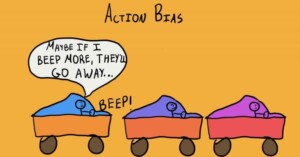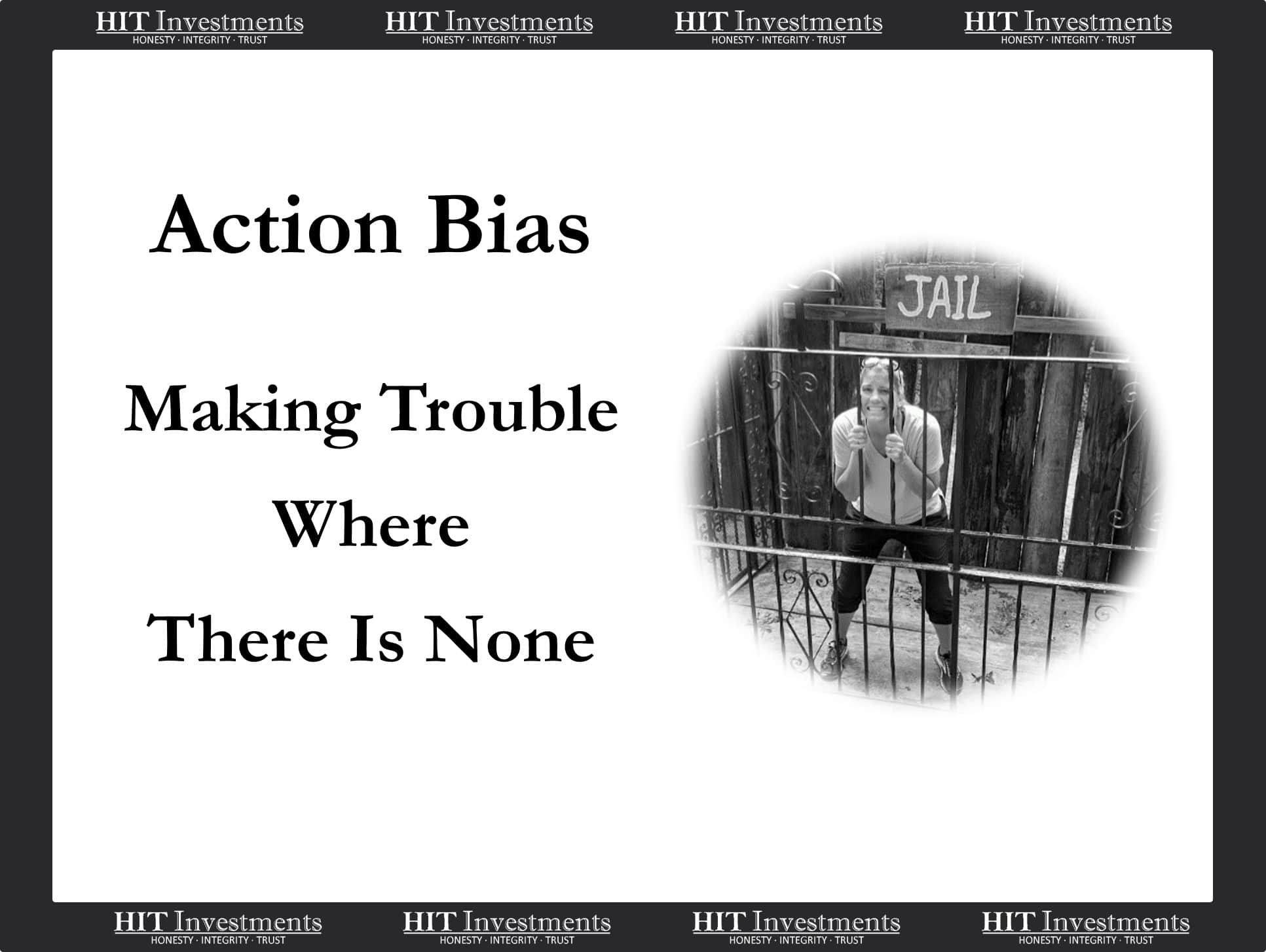 Have you ever been stuck in traffic and found yourself honking the horn, waving your fist, or even releasing the bird? Did any of your actions improve the situation?
Have you ever been stuck in traffic and found yourself honking the horn, waving your fist, or even releasing the bird? Did any of your actions improve the situation?
Maybe you are similar to my parents who live where there is no traffic, but where there is gossip. Have you ever listened to someone talk about someone else and then validated their thoughts? Then in hindsight realized you should have done nothing of the sort.
Ok, so you don’t drive in traffic or listen to gossip (congratulations!). This example is for you. You have found yourself listening to someone complain about something that can’t be changed. You engage in the conversation and soon become frustrated as you realize how much of your most precious asset, time, was wasted because you engaged.
If you relate to one of the examples above or if you’re like me, you relate to all three. The common theme is that our resulting actions made the situation worse.
It may surprise you, but we (humans) have an impulse to act instead of doing nothing even when there is no evidence that doing something leads to a better outcome. This is called action bias.
Why Do We Have Action Bias?

Isaac, Marcus and I celebrating the action of running to the top of Enchanted Rock.
The reason for why we have action bias is not well understood. In my opinion, action bias is more of a learned trait we develop over time, rather than one we are born with. The bias is developed as we receive praise from others for actions we have taken.
I see myself laying the action bias groundwork for my own kids everyday. I rarely compliment them for doing nothing, but often praise them for doing something. Which is similar in how I grew up and was treated by my own parents. Yesterday, I praised Marcus and Isaac for reading a book, and soon after I gave my daughter, Nora, a high five for finishing her homework. Praising our children for their actions is beneficial but over time can also lead to developing action bias.
Solving the Action Bias
The first step is acknowledging action bias exists in others and in yourself. Once you acknowledge it exists in your own life you can start minimizing its detrimental effects by improving your own traits of self control and patience.
A few specific actions that have helped me with action bias are:
- Request friends, family and trusted colleagues to speak bluntly, openly, and urgently. This helps us become self aware of the situations where we should listen rather than act. It is often easier to see the bias in others than it is to see it in yourself.
- Sleep on it, specifically before making big decisions
- Use the need vs want thought process when deciding to purchase or save
- Ask for action bias guidance from those who you trust and respect. My mom is my go to here. She is the master of patience and living out the Serenity Prayer.
- Sit back, relax and take a deep breath before acting on an impulse that does not demand immediate action. If it’s a decision, try using the TnT (timely and trivial) methodology.
More to Come on Action Bias
My next blog post will include 10 solid examples of action bias with the majority being related to our finances. As an added bonus I’ll include the action bias example I personally struggle with the most.
If you can guess the action bias I struggle with the most, before I post it, your next beer is on me.



Fantastic article on the action bias… Well-stated!
Appreciate the comment Dr. Rob!